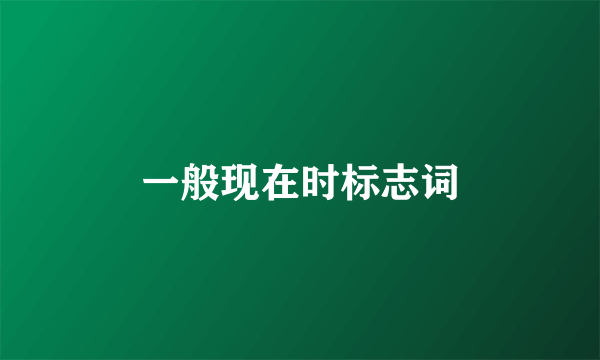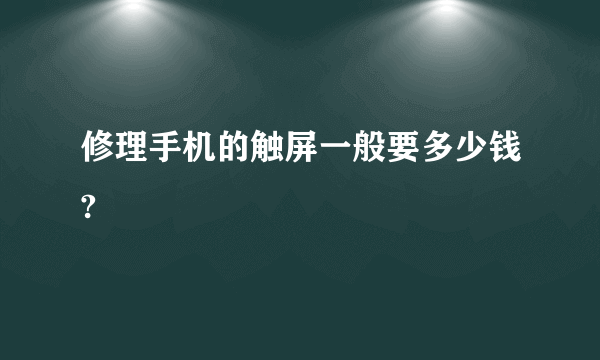一般现在时标志词
的有关信息介绍如下:
(1)一般现在时表示没有时限的持久存在的动作或状态或现阶段反复发生的动作或状态,常和副词usually,often,always sometimes, regularly,near,occasionally,every year, every week等连用。例如: 1)The moon moves round the earth.. 2)Mr. Smith travels to work by bus every day. (2)在由after,until,before,once,when,even if,in case,as long as,as soon as,the moment以及if,unless等引导的时间状语从句或条件状语从句中,通常用一般现在时代替将来时。例如: 1)I will tell him the news as soon as I see him. 2)I will not go to countryside if it rains tomorrow. (3)某些表示起始的动词,可用一般现在时表示按规定、计划或安排要发生的动作,这类动词有:be,go,come,start,depart,arrive,begin,leave等。例如: 1)The plane leaves at three sharp. 2)The new teachers arrive tomorrow. (4)在由why,what,where,whoever,who,that,as等引导的从句中,也常用一般现在时代替将来时。例如: 1)Free tickets will be given to whoever comes first. 2)You’ll probably be in the same train as I am tomorrow.



